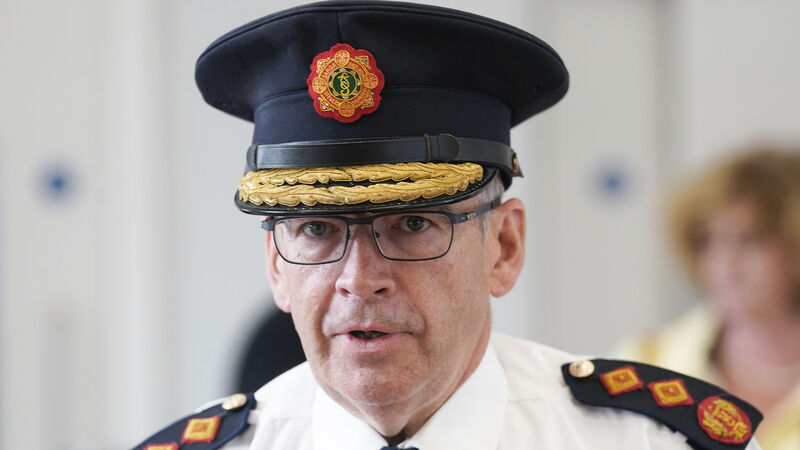Drew Harris: Body-worn cameras open to abuse by rogue gardaí

Drew Harris said the opportunity to record footage from the cameras is 'exceptionally limited' but possible. Picture: Brian Lawless/PA
Garda Commissioner Drew Harris has admitted that a body-worn camera system, which is currently being piloted in Garda divisions in Dublin and Limerick, is open to potential abuse by rogue gardaí.
Mr Harris also warned Garda members that they will face dismissal from the force, and potential criminal prosecution, if they are found to have shared or leaked footage of incidents captured on Garda body-worn cameras.











